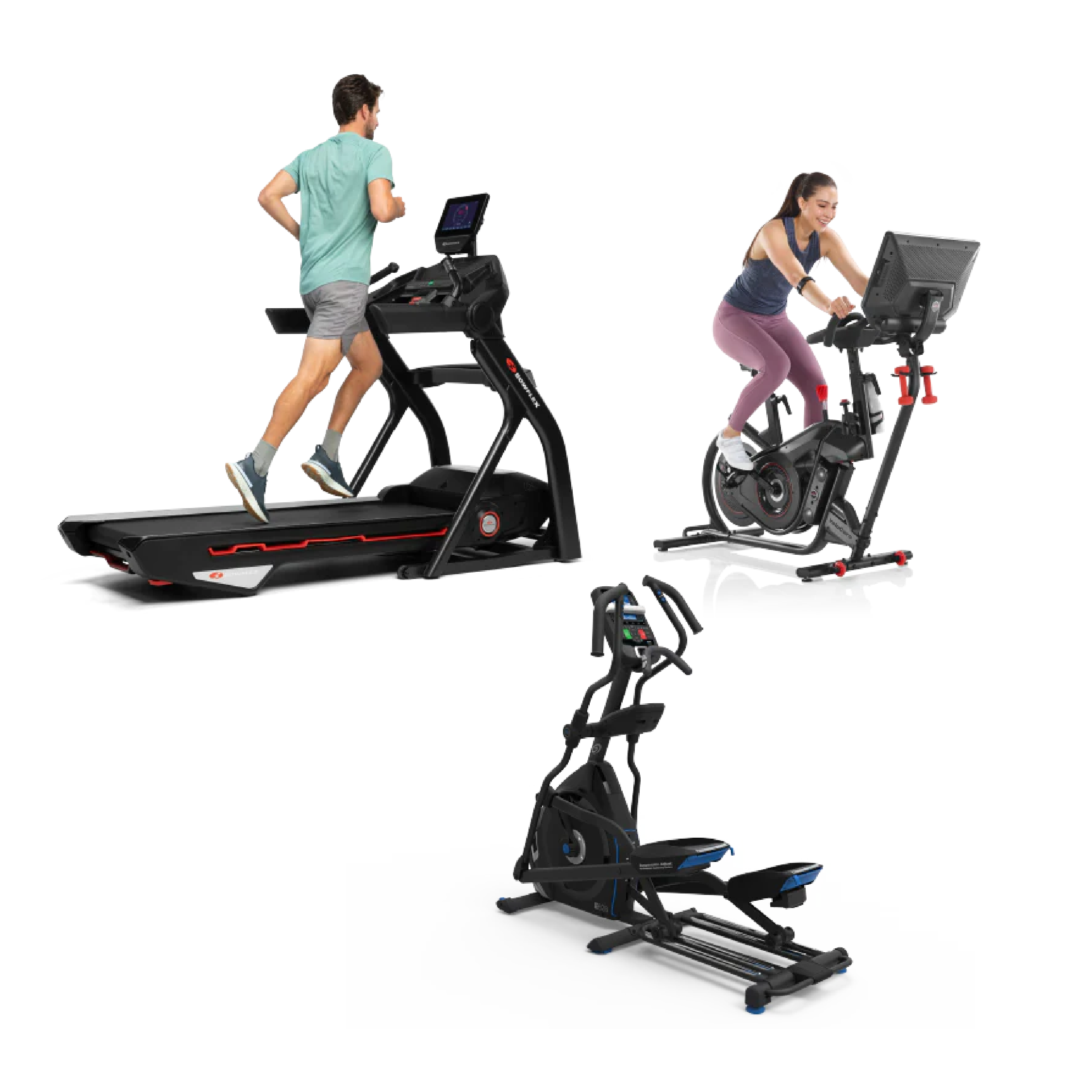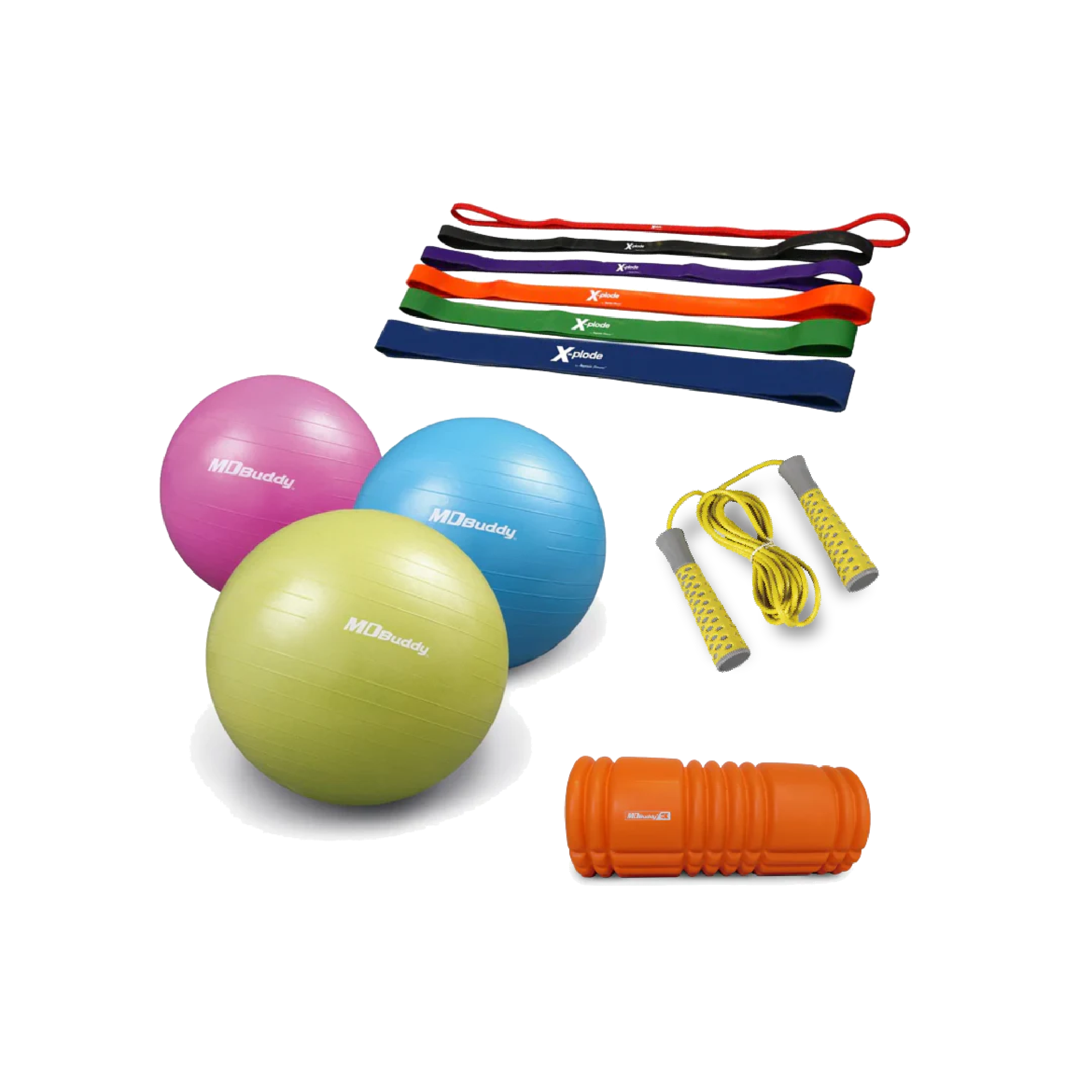How to Improve Your Immunity

How do you give your family and yourself the best chance for good health during the COVID 19 pandemic? Self-isolating is an excellent contribution to the public effort, but you’ll also want to help your immune system do its job. Right now, various white blood cells are patrolling your body, finding and destroying pathogens. Our sophisticated immune system has evolved over hundreds of millennia to analyze microbial invaders and develop new defences.
However, our civilization has evolved faster, weakening our immune system in many ways. Our sanitized lifestyle has taken it off its adaptive guard, while our stress and restlessness have limited its ability to regenerate protective cells. Our diets introduce inordinate amounts of fats, sugars, salts and other chemicals – triggering frequent overreactions by our immune cells. The short-lived inflammation those cells have routinely created to help us recover from bee stings and scratches has now become chronic, damaging our tissues and leaving us vulnerable at the worst possible time.Thankfully, there are steps you can take to restore your immune system. Right now, they’re more important than ever.
1. Develop a "healthy" appetite.

We can cut down or cut out the refined carbs (white bread, white pasta, etc.), sweetened beverages, sugary and salty snacks, trans fats, certain oils (soybean, corn) and last but not least, alcohol. Then we can add the foods we need.
Anti-inflammatory elements- primarily omega 3 fatty acids – issue a “stand down” order that prevents confused immune cells from going overboard reacting to a perceived pathogen threat. Scientists are still researching how exactly this is done. They do know that we can’t synthesize omega 3 ourselves, so we get it from our food. It comes in two forms:
- Plant-based foods containing ALA (a-linoleic acid) – including canola oil, kidney beans, soybeans, flax seeds and walnuts. They can be added to salads and side dishes, but they can also contain pro-inflammatory omega-6 fatty acids, so read up on them.
- Marine-based foods containing eicosapentaenoic acid (EPA) and docosahexaenoic acid (DHA). These include fish and shellfish like salmon, mackerel, oysters, shrimp and trout. EPA and DHA are also found in seaweed and algae. Research suggests these foods may also help immune B-cells reach infection sites sooner.

Antioxidants are known as heart helpers but they also ease inflammation by stabilizing the chemical integrity of our cells. Our bodies can synthesize them, but that ability diminishes as we age.So we look for them in citrus fruits and bell peppers that contain vitamin C and in foods that are vibrantly coloured by powerful vitamin E-bearing pigments called flavonoids. These include celery, hot pepper, plums, red wine, purple grapes and berries. Berries are also nutricious frozen, so you can stock up on them. Some flavonoid foods like onions, Brussels sprouts, tea and apples can also counteract inflammation and allergic reactions.
Other healthy foods include artisan cheeses, sugar-free yogurt, fermented tea and milk, kimchi and sauerkraut. These contain probiotics – live and friendly microbes that support good bacteria balance in your gut. Prebiotics (found in garlic, asparagus and leeks and more) help our cells capture and destroy pathogens.
How helpful are supplements?
The general consensus is that supplements are good for filling gaps in your diet, but you’ll always do better getting your nutrients straight from your food. Nutrients in food form are more complete and easier to absorb than they will be in a pill. You’ll also feel full before you swallow too much of a good thing.
2. Stay hydrated.

3. Exercise: Disease can't hit a moving target.

Never fear. There are still plenty of ways to get fit in your own home – even if you don’t own equipment. And if you live in a less-crowded neighbourhood with no recent COVID outbreaks, you might be able to take it outside – a refreshing change However, even if exercise itself doesn’t wear down your immunity, infections still might. So if you’re going outside, respect the six-foot rule, especially when you and the people you pass on the jogging path are breathing harder than you would on a stroll.
Whether you’ve been out running sprints or pushing a shopping cart, don’t forget to clean up any possible contamination when you get home. Wash your hands and disinfect anything you might have brought in with you- your groceries, your bike, etc. – then launder your clothes. Even if you’re still feeling energetic, don’t go straight to your exercise equipment. In fact, you’ll need to properly clean that, too. If you’ve already had some exercise, keep it light to moderate. Although a brisk workout might not hurt your immunity when you’re at your best, it can indeed compromise you if you’re worn out. There’s another reason you might want to take it easy – especially if you’re exercising in the evening.
4. Sleep: Get your Z's and beat disease.

A hard workout late in the evening is less likely to conk you out than it is to overstimulate you - keeping your eyes on the ceiling and depriving your immune system of replenishment.
Research has shown that a lack of sleep at night can compromise the function of your T-cells, which will need their strength to fight any pathogens waiting to get you the next day. Sleep is also the peak time for the production of cytokines, which carry out necessary inflammation of infected areas. And if you’ve had a vaccination, going without rest will weaken its effect. That’s on top of the concentration and stress issues sleep deprivation can create – or worsen.
So try to get a full eight hours. Knocking off caffeine before noon will help. So will eating foods containing tryptophan, melatonin and/or magnesium for supper. Do some yoga and drink some chamomile tea. Lower your bedroom’s temperature and have a hot bath or shower before bedtime. The walk from warm to cool will naturally trigger your sleep instincts.Have sweet dreams, because even if you’re the only person living in your home, you might still have someone waiting for you in the morning – someone with a warm heart, a cold nose and another boost for your immunity.
5. Pets: Immune's best friend?

You know having a dog can lighten your mood, but now research suggests it can boost your immunity as well.Yes, all of those necessary walks are good exercise, but there’s another reason owning a dog or cat is good for you.
As many of us embrace a sanitary, no-hair-on-the couch lifestyle, our immune systems have lost the challenge of constant animal contact. Pets are proud to help correct that - shedding or shaking or rolling in whatever it takes to make our defences up their adaptive game. Research indicates that having a pet and its menagerie of microbes around during a child’s early years can strengthen resistance to asthma and allergies later in life. And you thought pets were just great companions with eyes soft enough to melt any stress.
6. Learn more about staying immune.

Here are a few links with more information on the subjects mentioned above. Stay informed and stay well!
General:
Government of Canada: Latest CFIA information for consumers on food and animal health – COVID-19
Immunity:
Immune System, Part 1: Crash Course A&P #45
Food:
Why Antioxidants in Superfoods Are Essential to Your Diet
What are the best sources of omega-3?
Exercise:
How Exercise May Affect Your Immunity
The compelling link between physical activity and the body's defense system
Getting Exercise during the Covid Outbreak:
Sleep:
How sleep can boost your body's immune response
Sleep and Immune System - Healthline
How Sleep Affects Your Immunity - National Sleep Foundation
Pets:
Got coronavirus symptoms? Avoid your pets just like you’d avoid people, vets say
What pet owners need to know about COVID-19
Category: Your Fitness Resource
Tags:
filter_Fitness-Tips
filter_Nutrition
Fitness-Tips
health
immunity
Nutrition






